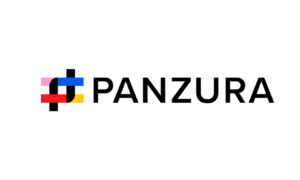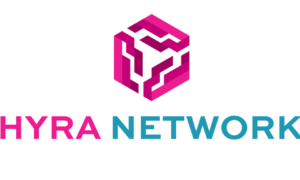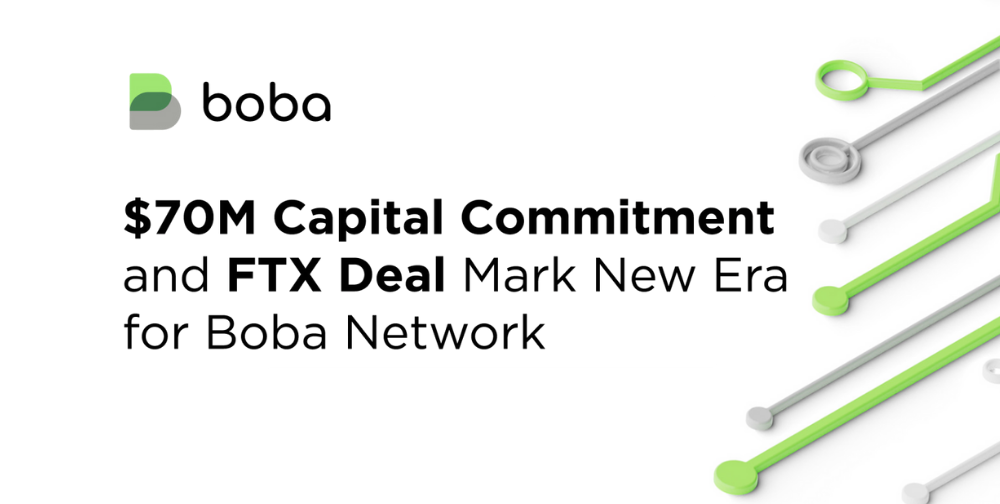In the rapidly evolving landscape of supply chain management, effective communication and collaboration with suppliers are pramount. This article delves into the intricacies of Supplier Relationship Management (SRM) and explores how cutting-edge technology, exemplified by Harrington Group’s supplier management system, can revolutionize the way businesses interact with their suppliers.
The Challenge of Supplier Communication: HGI Supplier Collaboration Portal
Managing communication with suppliers can be challenging, but Harrington’s Supply Chain Management Software System offers a robust solution. The HGI Supplier Collaboration Portal acts as a centralized hub, facilitating seamless communication, tracking comments, and addressing complaints. Integration with ERP and QMS enhances its value, creating accountability across the supply chain.
Core Applications of HQMS in Supplier Management
Harrington’s HQMS integrates core quality management applications for CAPA, Document Management, Audit Management, Complaint Management, and Training Management. This cloud-native approach, coupled with the Supplier Collaboration Portal, simplifies supplier management, fostering effective collaboration across the supply chain.
Modules and Edge Computing in Supplier Collaboration Portal
Explore the new modules within the Supplier Collaboration Portal, covering SCARs, PPAP, Purchase Orders, Payments, Receipts, Receiving Inspections, Supplier Deviations, and more. The incorporation of edge computing allows seamless integration with data processing and ERP models, such as Oracle and SAP.
Embracing Technological Advancements in SRM
Effective Supplier Relationship Management (SRM) is more than managing contracts—it’s about cultivating strong partnerships. Delve into the pillars of SRM, emphasizing strategic communication, performance management, continuous improvement, and risk management.
Role of Technology in SRM: Harrington Group’s Solution
Discover how advanced SRM systems, like Harrington Group’s Supplier Management Software, leverage technology to automate supplier evaluations, centralize supplier information, provide collaborative platforms, and offer risk management tools.
Benefits of Implementing a Robust SRM System
Implementing a robust SRM system yields numerous benefits, including enhanced Supplier Collaboration performance, cost reduction, increased innovation, and better risk management. Harrington Group’s solution proves instrumental in achieving these goals.
Strengthening Supplier Relationships with Harrington Group’s System
For businesses seeking to strengthen supplier relationships and optimize SRM processes, Harrington Group’s Supplier Management System is a valuable ally. Learn more about its features and how it can contribute to your business’s success.
Conclusion: Elevating SRM in the Modern Business Landscape
Elevating Supplier Relationship Management (SRM) is more than a necessity; it is a strategic imperative in the modern business landscape. The intricacies of today’s complex supply chains demand a shift from traditional transactional approaches to fostering collaborative partnerships with suppliers. By embracing technology and leveraging it effectively, businesses can transform their SRM practices, leading to enhanced efficiency, innovation, and resilience.
The dynamic nature of the global market requires organizations to go beyond mere transactional interactions with suppliers. Instead, fostering strong relationships based on trust, communication, and mutual benefit is crucial. Technology plays a pivotal role in this transformation, offering tools and platforms that facilitate real-time collaboration, data-driven insights, and streamlined processes.
Effective SRM goes beyond cost management; it encompasses risk mitigation, quality assurance, and innovation. By actively engaging with suppliers, businesses can gain a deeper understanding of their capabilities, challenges, and potential areas for improvement. This collaborative approach not only enhances operational efficiency but also contributes to the overall success of the supply chain.



































